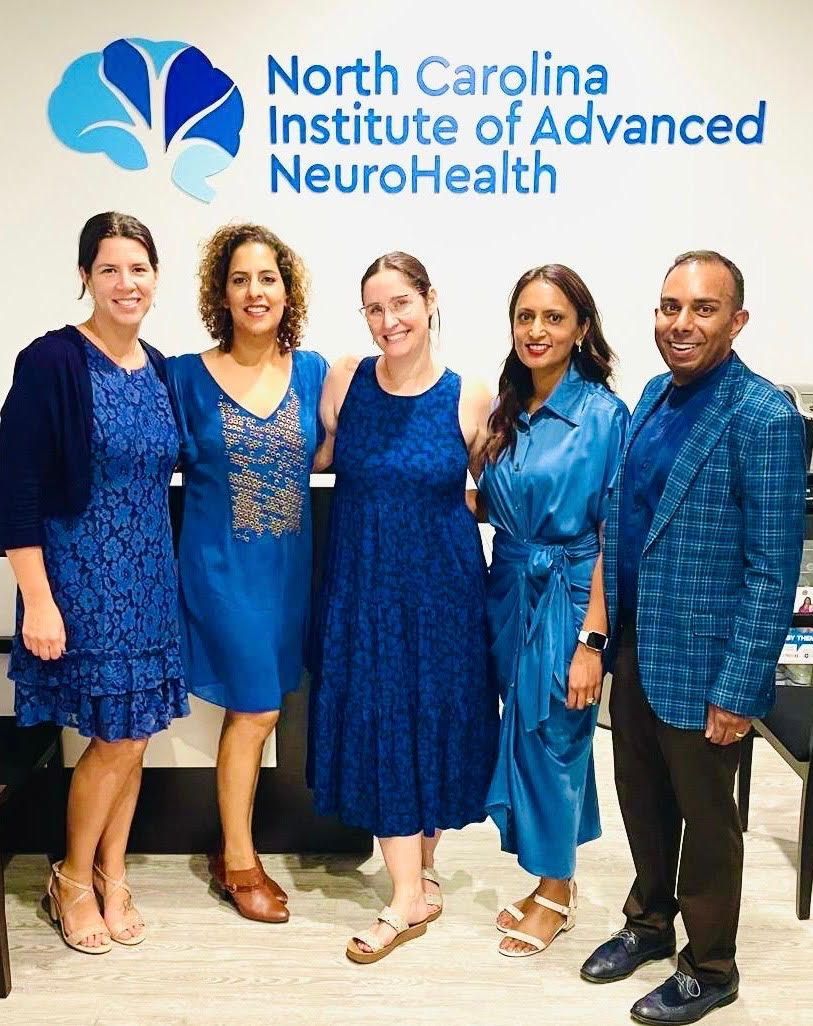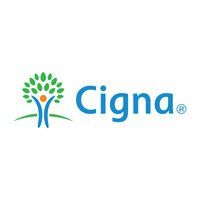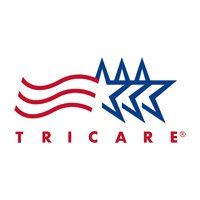A Shattered Reality- The Impact Of Trauma On The Brain
Natural disasters. Car crashes. War. Loss. Abuse.
There’s no shortage of devastation in today’s world. Trauma can suddenly crash into your life and turn your world upside leaving you grappling with the aftermath. The life you once knew now feels like a broken vase shattered into a million pieces.
Even if you want to piece together the shattered vase, all the fragments are scattered, and some are missing. How can you rebuild when you don't even have all the pieces?
Life after trauma is complicated because trauma is complicated.
According to the National Library of Medicine, “The impact of trauma can be subtle, insidious, or outright destructive. How an event affects an individual depends on many factors, including characteristics of the individual, the type and characteristics of the event(s), developmental processes, the meaning of the trauma, and sociocultural factors.”
Traumatic experiences can weave their way into your emotions and memories making every day feel like a battle. There are “Big Ts” and “little Ts” in life. Even though trauma impacts people in different ways, one thing remains the same…trauma impacts our brain functions.
Fight or Flight?

Now for a little neuroscience lesson.
One of the areas trauma affects is called the amygdala - the part of our brain that helps control our memory, emotions, and instincts. The amygdala is responsible for our “fight or flight response.”
In cases of trauma exposure, this portion of the brain can become hyperactive and hyperaware. This response is the brain’s way of protecting us by turning on our ‘survival mode’ to make sure we stay safe from harm. The problem is, PTSD can cause people to stay in survival mode. In other words, it’s hard to relax or find comfort because you always feel anxious, paranoid, and intense.
When you are stuck in fight or flight mode, it can impact your body and brain negatively. You might experience high blood pressure, rapid pulse, increased anxiety, and heightened senses.
Navigating a Foggy Landscape
Trauma can also cast a thick fog over your mind, making it challenging to see clearly or make sense of things. Everyday tasks that used to be routine now feel like trying to find your way through a maze in the dark.
You might find yourself questioning simple decisions, second-guessing your judgment, or struggling to concentrate. Life after trauma can be filled with intense flash backs and vivid memories of the event making it hard to move forward or heal.
Another Problem…Trauma Memories Are Stored in The Hippocampus
Even if you can find a way to get ‘unstuck’ and move your brain out of ‘fight or flight’ mode, intense flash backs and vivid memories can make it hard to move forward or heal thanks to the hippocampus.
The hippocampus is the area of our brain that helps with learning and memory. In some cases, people with PTSD often have a difficult time forming memories but may have vivid memories of their trauma.
Unfortunately, trauma survivors also must deal with triggers that can cause extreme panic and fear. Life after trauma can feel like riding this emotional rollercoaster without a seatbelt, leaving you feeling vulnerable and out of control at times.
Trauma is an emotional roller coaster.
It can kick your prefrontal cortex into overdrive- the part of the brain that helps us regulate our emotions. When your brain is hyperactive, it can lead to intense and overwhelming emotions that seem to surge out of control. This can disrupt your ability to regulate emotions, making them feel more intense and unpredictable.
The prefrontal cortex will have difficulty regulating fear and other emotions for trauma survivors. This can lead to chronic feelings of anxiety and anxiety as well as irrational reactions to situations that are not harmful.
So, what does this all mean?
While life after trauma can be incredibly challenging, healing is possible. Just as the shattered vase can be carefully pieced back together, and the fog can eventually lift, you can rebuild your life.
The functions of the amygdala, hippocampus, and prefrontal cortex impacted by trauma can also be reversed.
Seeking support from friends, family, and a mental health professional can be a crucial first step in your healing journey.
You are not alone
There are people and resources available to help you discover a new sense of hope and possibility.
Look Beyond CBT For Healing
Sometimes, healing trauma takes more than CBT (Cognitive Behavioral Therapy). Innovative treatments like TMS Therapy and IV Ketamine can help with complex cases of PTSD and depression.
Since trauma often co-occurs with other mental health conditions like depression, anxiety, and
post-traumatic stress disorder (PTSD),
TMS therapy might be an effective treatment option. By addressing comorbid symptoms, TMS therapy can indirectly improve the overall well-being of trauma survivors.
Trauma survivors often struggle with emotional dysregulation, and TMS therapy may help stabilize mood and reduce emotional reactivity. It also has the potential to increase neuroplasticity, which is the brain's ability to adapt and change.
By promoting neuroplasticity, TMS therapy can help trauma survivors develop greater resilience and coping strategies, which are essential for healing.
With time, patience, and support, you can find your way through the aftermath and discover a new sense of hope and possibility.
It's important to note that TMS therapy is not a standalone treatment for trauma and is typically used in conjunction with other therapies. Trauma treatment often requires a comprehensive approach that may include psychotherapy, medication (if necessary), support groups, and self-care strategies.
If you or someone you know is considering TMS therapy for trauma-related symptoms, our compassionate team is here to walk with you. We are dedicated to delivering a safe, secure environment that meets our core standards. We strive to enhance the quality of our service on a regular basis, and we are dedicated to developing customized Ketamine and TMS therapy treatment plans to improve our patient's mental health and wellness.
Don’t let trauma continue to impact your quality of life and relationships. Get the support you need.





















